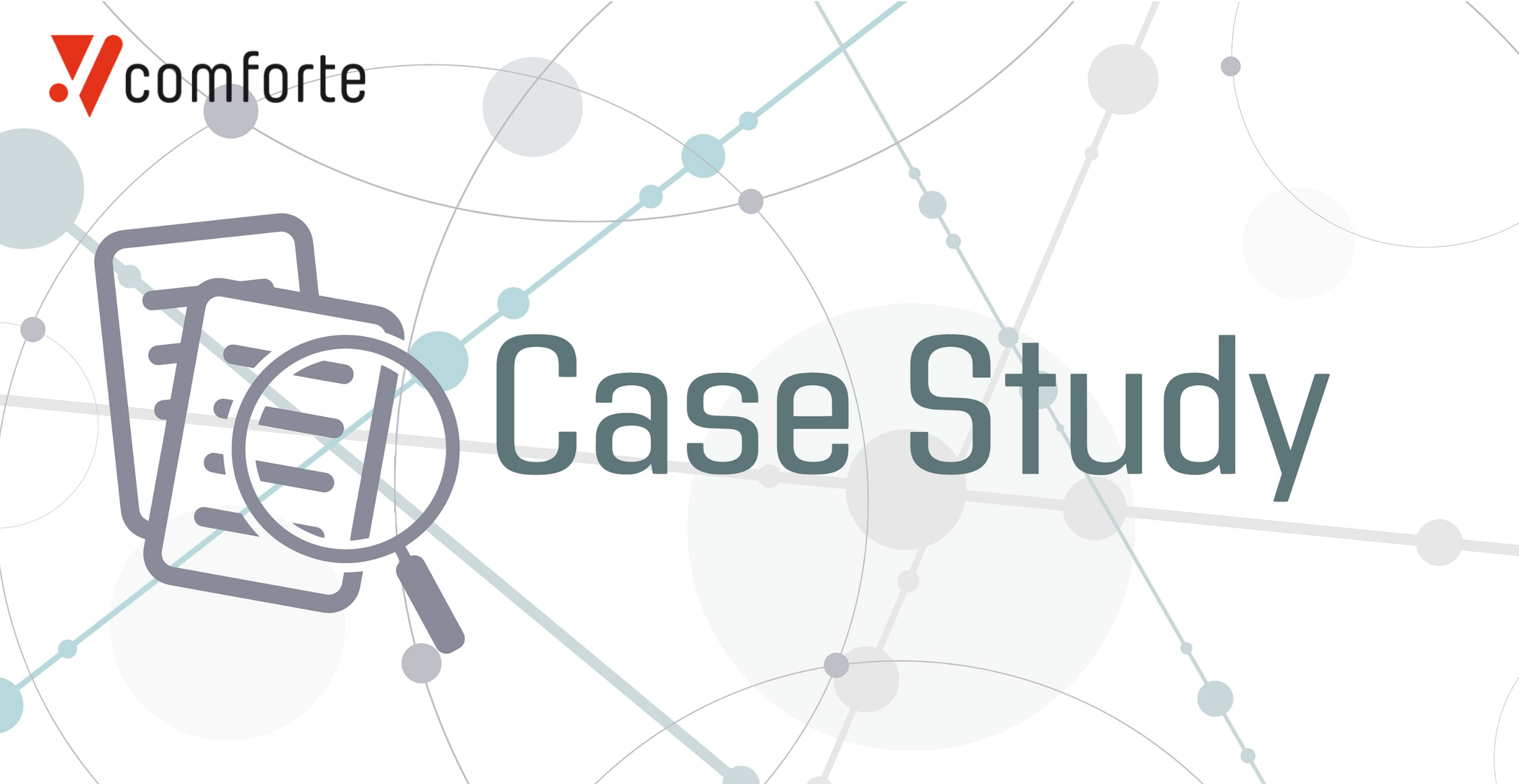The financial crisis marked a turning point in the need for more effective and rigorous data management. In response, the European Central Bank implemented the Aggregate Data Review (RDA), while the Basel Committee on Banking Supervision (BCBS) introduced regulation 239 (BCBS 239). These regulations not only transformed the financial landscape, but also offered valuable lessons to improve data governance in all industries.
Three areas can be highlighted where financial regulations have focused and have formed the basis of data governance:
1. Governance and Data Architecture
In this section is the heart of everything that data governance represents. This principle highlights the importance of establishing clear roles, responsibilities and processes to guarantee the quality and integrity of data, Additionally, it emphasizes the value of clarifying what the governing bodies are and their respective responsibilities to ensure compliance and data quality. Generalizing this, it leads us to the conclusion that the adoption of these practices in other industries can lead to more informed and efficient decision-making.
Data architecture plays a crucial role in this process. The creation of a solid framework for data management allows a holistic view, facilitating the identification of areas for improvement and the implementation of proactive changes. This, applied outside the financial field, can optimize business processes and improve operational efficiency.
The centralization of data helps all good practices of governance, inventory and data protection.
2. Data Aggregation
Quality and consistency in data aggregation are essential elements for strategic decision-making. Financial regulations address this need, ensuring that data is collected and consolidated accurately and in a timely manner. This practice not only improves decision-making in the financial field, but can also be implemented in other industries to ensure the coherence and reliability of information.
The applicability of these practices goes beyond finance. Sectors such as retail and manufacturing or activities such as digital marketing in any industry can benefit from adopting data aggregation processes that strengthen the information base on which business strategies are built and improve customer understanding.
3. Risk Reduction and Reporting Practices
Effective risk management and transparent reporting are key components of financial regulations. These principles not only minimize exposure to risks, but also increase the confidence of investors and regulators.
The implementation of rigorous reporting practices can also benefit various industries. From the technology sector to education, transparency in reporting not only improves the reliability of information, but also strengthens the competitive position and customer confidence.
How exactly does data governance help in other sectors?
Let’s look at some specific examples that show how data governance principles can be exported and adapted to benefit sectors besides financial services:
In manufacturing, efficient data management is essential in the supply chain. The implementation of data aggregation principles guarantees a clear and accurate view of inventories, production times and market demand, which allows for greater operational efficiency.
Another example is the consumer sector. The collection and analysis of data related to customer preferences, market trends and the effectiveness of marketing strategies allow more informed decision-making. This translates into more effective advertising campaigns, an improved customer experience and a stronger competitive position.
Conclusion:
The financial regulations brought about since the financial crisis have proven to be a pioneer in laying the foundations of data governance and highlight the universal need for robust data management. By adopting these principles, we not only improve the quality of the data, but also strengthen the basis on which critical decisions are made.






